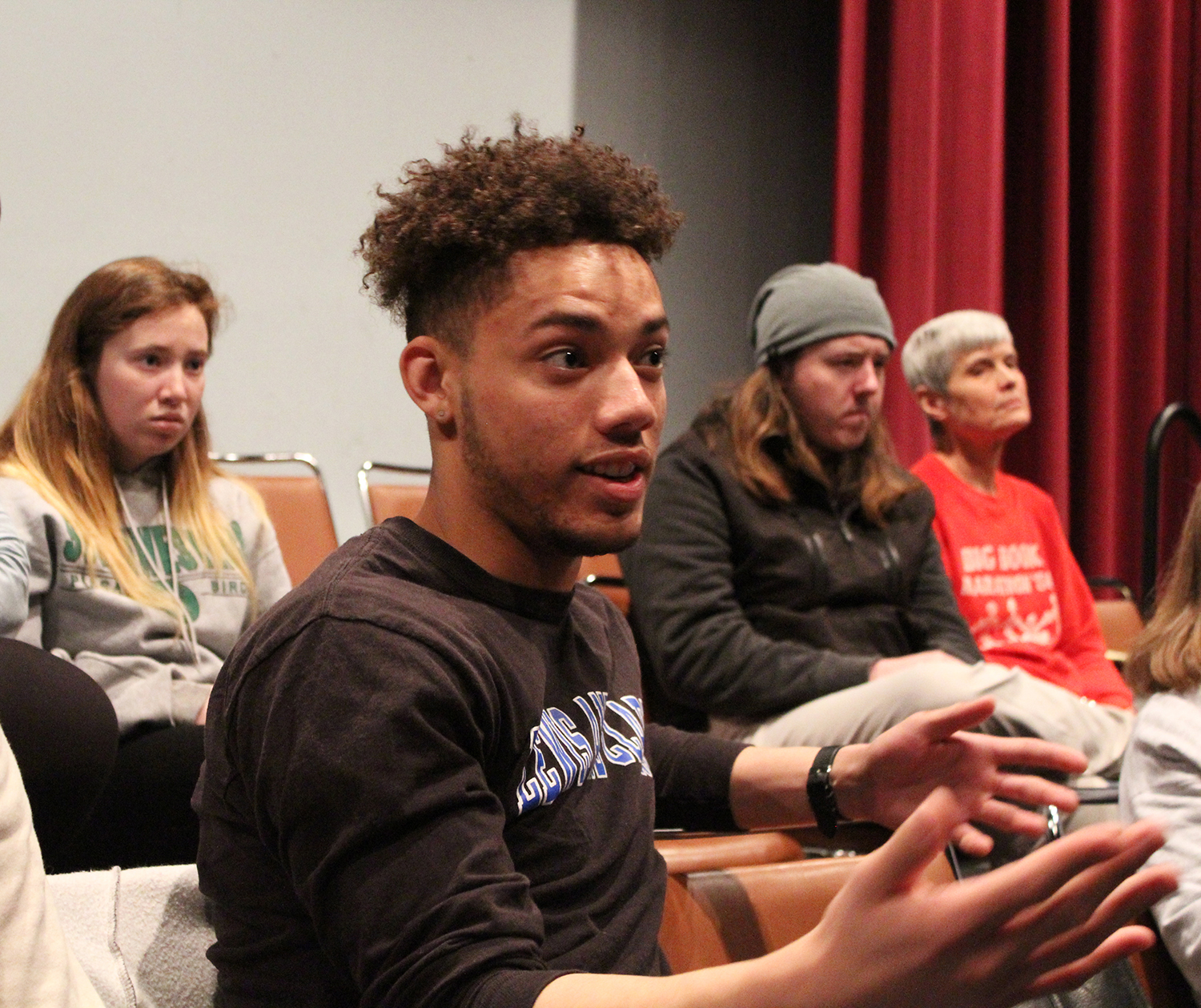Kezia Miller
kezmiller@lc.edu
The students sat quietly, grieving and alarmed, as they learned of the violent crowds who killed
more than 4,000 innocent souls. These people were murdered under a mask of false accusations and suffused with hate and cruel misconceptions.
“An Outrage”, a documentary film about lynching in the American South, was exhibited by Professor’s Kelly Obernuefemann and Jennifer Cline to bring remembrance and reflection in honor of Black History Month. The documentary was a strong reminder of how African Americans fought for their lives and stood up to the oppressor for what was right.
“We may as well die running then just as standing still”, Fostenia Baker Frazier recalled, as she shared the heartbreaking story of her great-uncle’s last words.
Lynching in the United States occurred during the years of 1882 to 1968. 4,743 individuals fell victim to the brutal kidnaps, mutilations and killings. 3,446 of the victims were African Americans. 1,297 White people were also killed for helping African Americans and being anti-lynching. The highest lynching ranked states included Mississippi with 581, Georgia with 531, Texas with 493, and Louisiana with 391. The state of Illinois partook in 34 lynchings.
During the peak of the lynching epidemic, one African American was killed in the South every four days. Feb. 1, 1893, in Paris Texas, Henry Smith was tortured with hot irons for nearly an hour before being drenched with gasoline and set aflame while thousands of people watched.
In 1918, in Mississippi, on the infamous “Hanging Bridge”, a white mob handed four young African Americans from its rails. The victims were two brothers and two sisters, both girls being pregnant.
On July 14, 1946, four African American sharecroppers were lynched at Moore’s Ford Bridge in northeast Georgia, bound together and repeatedly shot.
Ida B. Wells was a courageous and strong figure during these horrific times, striving to illegalize Lynchings and report of their brutality.
Obernuefemann bursts, “Ridiculous! Asking for an anti-lynching law is like asking for an anti-murder law!” The abruption set the heinous reality of the past’s festering damage, and set a sobering reminder to everyone in attendance.




